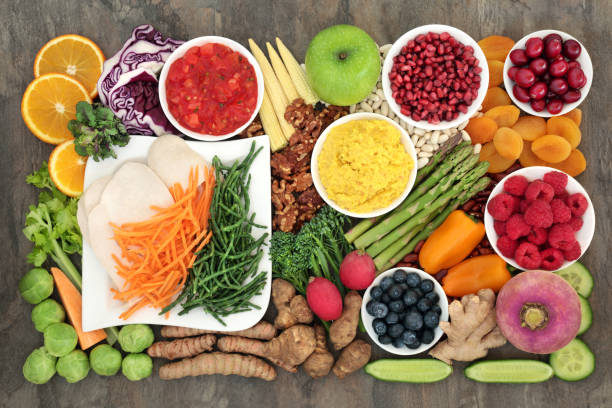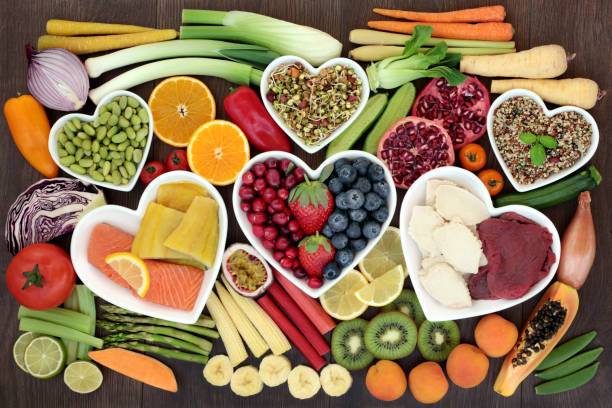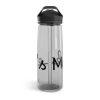By Dana Hudepohl
Plant-based diets may offer a protective advantage against severe COVID-19, finds a new study published in BMJ Nutrition, Prevention & Health. It is one of the first studies to investigate dietary patterns and COVID-19 outcomes.
Over a two-month period in the summer of 2020, researchers surveyed 2,884 frontline doctors and nurses who reported a high frequency of exposure to COVID-19 patients. The health care workers, in specialties such as internal medicine, emergency medicine, and critical care, worked in France, Germany, Italy, Spain, the United Kingdom, and the United States. In addition to answering questions about medical history, lifestyle, and COVID-19 symptoms, participants completed a 47-item questionnaire regarding the frequency with which they ate certain foods. The research was led by Sara Seidelmann, MD, of Columbia University.

The results were striking: Participants who reported following plant-based diets, vegetarian diets, or pescatarian diets had 59 percent lower odds of moderate-to-severe COVID-19. The reduction was even greater when looking solely at those who followed plant-based and vegetarian diets: Those participants had 73 percent lower odds of experiencing moderate-to-severe COVID-19, compared with participants who did not follow a plant-based or vegetarian diet. These associations did not substantially change even when adjusting for potential confounding factors such as underlying medical conditions, body weight, smoking status, exercise, and access to personal protective equipment (PPE).
In contrast, those who followed low-carb, high-protein diets had a 48 percent greater risk of moderate-to-severe COVID-19 compared with other participants, in a model adjusting for demographic characteristics, health behaviors, and medical specialty. Compared with those who followed plant-based diets, low-carb, high-protein eaters had a nearly four-fold greater risk.
In considering what may account for this difference, the researchers pointed to the fact that plant-based diets are rich in nutrients, including phytochemicals, vitamins and minerals, and fiber. “These nutrients are hypothesised to support the immune system as they play important roles in the production of antibodies, proliferation of lymphocytes, and reduction of oxidative stress,” they wrote. “Our results suggest that a healthy diet rich in nutrient dense foods may be considered for protection against severe COVID-19.”
The study authors also noted that when they restricted the data to include only cases of those with a positive COVID-19 test or detectable antibodies, they noticed that individuals who reported following plant-based or pescatarian diets had lower odds of becoming infected with COVID-19 at all, but because this was a small number of cases, this line of investigation requires replication.
“If we’re looking at which diet we ought to recommend to reduce COVID severity, a healthy vegan diet has come out of the blocks really, really strongly,” Alan Desmond, MB, MRCPI, FRCP, a gastroenterologist and author of The Plant-Based Diet Revolution said in his review of the study on an Instagram live broadcast. “Meat and dairy and poultry are not nutrient-dense foods. … The nutrient dense foods are the plants.”






